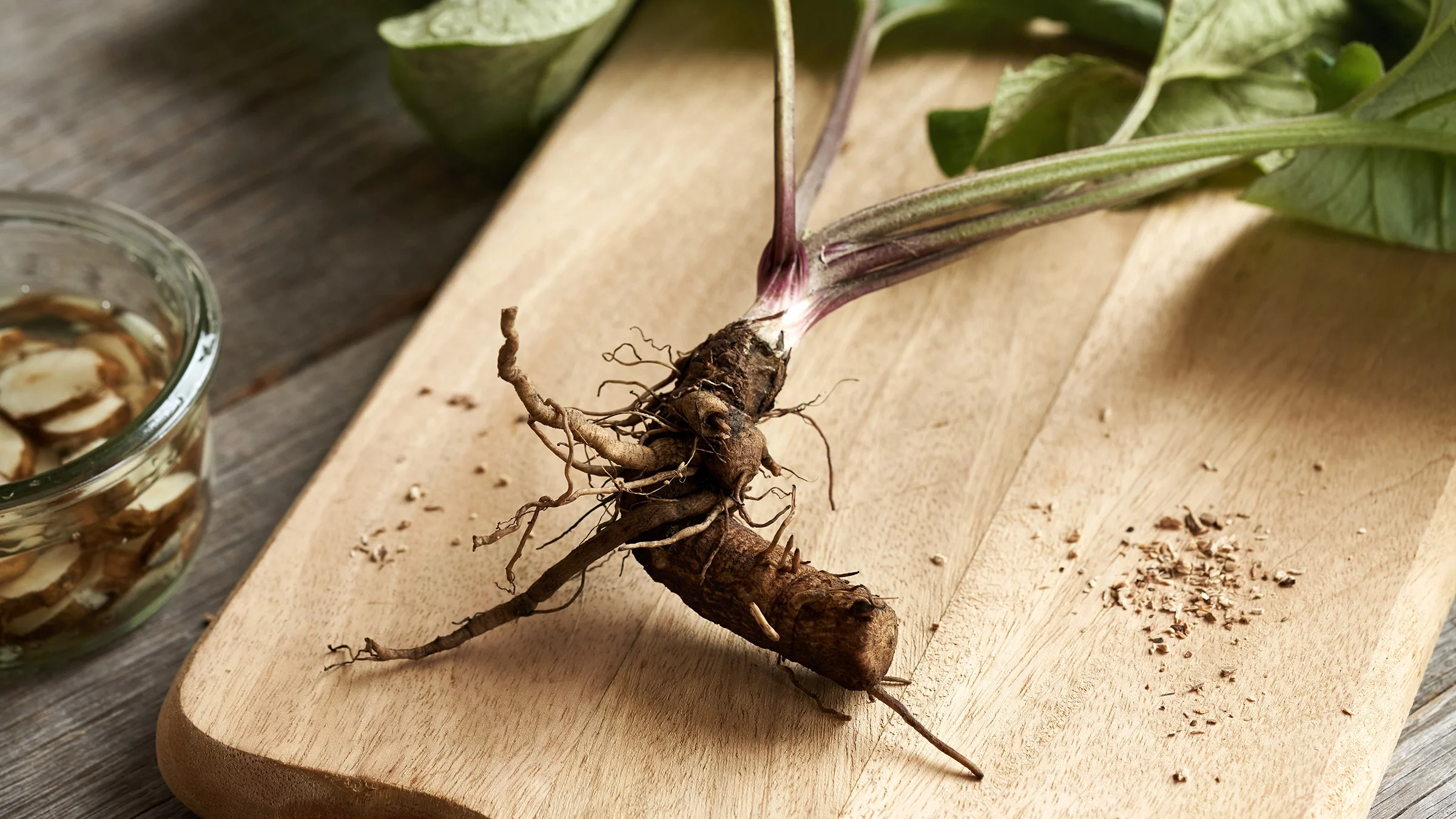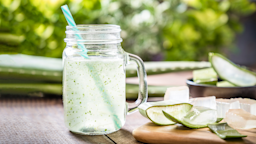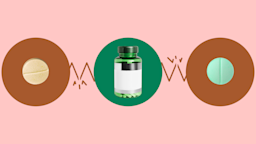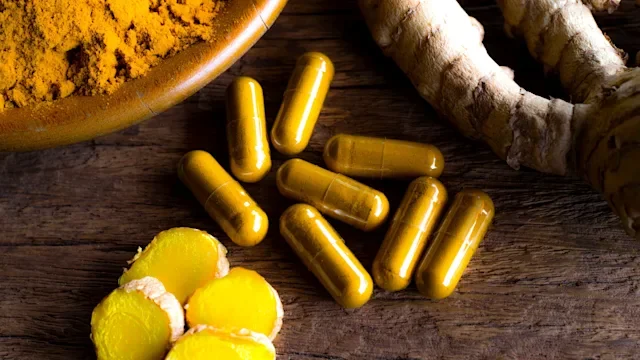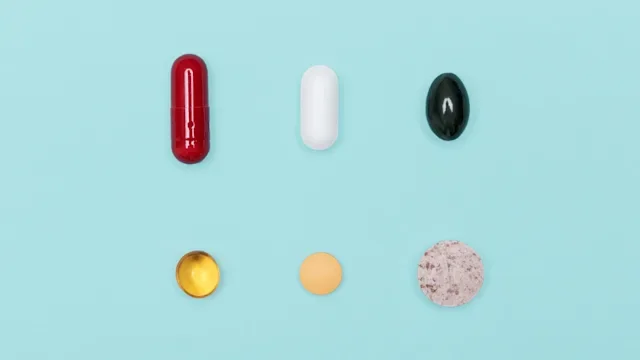Key takeaways:
Burdock root has been used for hundreds of years to help treat conditions like sore throat, wounds, and fever.
Most of the research on burdock root has been done in test tubes and on animals. A small number of human studies show that it decreases inflammation.
It’s unclear how much burdock root is safe to use. So, it’s best to use it in small amounts. Pregnant and nursing women, children, and people with kidney problems should avoid it.
People use many different herbs and roots when they’re not feeling well — or just to improve their overall health. But with the increasing popularity of plant-based supplements, it can be confusing to know which ones actually work.
Burdock root is one such supplement. It has gained popularity for its potential benefit for weight loss, diabetes, and skin health. Here, we take a deeper look at burdock root. We’ll explore its potential health benefits, the risks of using it, and how to use it safely.
What is burdock root?
Burdock root is a plant that has been used for hundreds of years to treat various conditions — like skin wounds, fever, dizziness, and pain. It has several different names, including:
Arctium lappa
Niu bang
Repejnik
Gobo
Search and compare options
It’s rich in natural compounds that help decrease inflammation and reduce damage to cells in the body. Because of this, burdock root has a number of potential health benefits that span different medical conditions.
What are the health benefits of burdock root?
As with many herbal supplements, researchers still have a lot to learn about how burdock root works in the body. There’s a good amount of research about its potential benefits in a lab. But it’s unclear if these benefits translate to measurable health outcomes in people.
In test tube and animal studies, burdock root has been shown to:
Regulate pathways and proteins that drive inflammation
Protect cells from damage
Boost immune cells that can help fight cancer and slow tumor growth
Help regulate blood sugar and insulin levels
Decrease body weight
Protect brain cells from damage
Decrease fat buildup in the liver
Decrease cholesterol levels
Some of these benefits and others have been found in human studies too. Below, we’ll go into a few of these benefits in more detail.
Decrease inflammation
Many benefits of burdock root are likely related to the way it decreases various types of inflammation. Inflammation in the body drives the development of many different health conditions, including arthritis.
One small study looked at men and women 50 to 70 years old with osteoarthritis. The participants drank 3 cups of burdock root tea every day. After a month, they had fewer markers of inflammation in their blood. They also had higher levels of antioxidants in the blood.
What are the health benefits of turmeric? Research suggests that turmeric has powerful anti-inflammatory effects, which may help with several health conditions.
Foods that cause inflammation: Lowering inflammation in the body can start with these simple swaps in your diet.
Berberine for weight loss: This supplement has become popular as a way to control blood sugar and lose weight. Our experts look into whether it really works.
A similar study measured the effect of burdock root on pain and function. Again, people with knee osteoarthritis who drank 3 cups of burdock root tea daily reported less pain. They also reported it was easier to get up and move around.
And there were other noted health benefits too. Drinking the same amount of burdock root tea improved cholesterol and blood pressure in another trial of people with knee osteoarthritis.
Improve acne
Sometimes, acne can be driven by inflammation. In these cases, it may help to apply burdock root directly to the skin.
Read more like this
Explore these related articles, suggested for readers like you.
Early results from a clinical trial noted that people saw an improvement in their acne after applying burdock root to their skin for 6 months. They had fewer pimples. And they reported an improvement in their quality of life related to their acne.
Slow tumor growth
Burdock root may also slow tumor growth. Many of the lab and mice studies suggest it has anti-cancer properties.
One small trial in humans looked at 15 people with advanced pancreatic cancer. A few of the participants’ cancer seemed to respond to the supplement when they took between 3 g and 12 g of burdock root daily for 2 weeks. One person had a decreased amount of cancer in their body. And in four others, it seemed to prevent further growth of their cancer.
But these are very early results. More trials with more people need to be done to know if burdock root is truly helpful alongside traditional cancer treatment.
How do you use burdock root?
Burdock root is available in different forms, such as:
Capsules
Fresh root or dry powder, which can be added to food or drink
Loose tea leaf or tea bags
Oil, shampoo, or cream for external use
Tinctures, which is a concentrated liquid of plant extract
If you’re using burdock, it’s best to do so in moderation. There’s not enough research to say how much burdock root is safe to use.
Are there risks of using burdock root?
Certain people should avoid using burdock root. Studies haven’t yet evaluated the safety in:
Pregnant women, or those who are trying to become pregnant
Those who are nursing
Infants and children
One animal study found that burdock root prevented blood clots. So, it’s best to avoid it if you’re taking blood thinner medicines or if you’re at higher risk of bleeding.
Burdock root has also been shown to have a diuretic effect, meaning it makes you pee more. So don’t take burdock root if there’s any chance you’re dehydrated. And talk to a healthcare professional first if you have:
Blood pressure problems
Kidney problems
Take a water pill or other diuretic medicines
It’s also possible to have an allergic reaction to burdock root. It’s best to avoid it if you’re allergic to:
Chrysanthemum
Daisies
Ragweed
One final word of caution: Burdock root looks similar to belladonna or deadly nightshade. Belladonna is toxic to humans. It’s easy to confuse belladonna and burdock root, which makes contamination more likely. So, if you choose to take burdock root, make sure you purchase it from a company or store you trust. And don’t try to find or harvest it yourself.
The bottom line
Burdock root is a medicinal plant that has been used for centuries. Modern research suggests it has powerful anti-inflammatory properties. But it’s still unclear how this can treat or prevent human health conditions. Until more human studies are available, it’s important to use caution if you take it. And if you are using burdock root to treat a specific condition, it shouldn’t replace treatment recommended by your healthcare team.

Why trust our experts?


References
Ahangarpour, A., et al. (2017). Antidiabetic, hypolipidemic and hepatoprotective effects of Arctium lappa root’s hydro-alcoholic extract on nicotinamide-streptozotocin induced type 2 model of diabetes in male mice. Avicenna Journal of Phytomedicine.
Alfair, B. M., et al. (2023). Arctiin inhibits inflammation, fibrosis, and tumor cell migration in rats with ehrlich solid carcinoma. Cureus.
Alipoor, B., et al. (2014). Effect of Arctium lappa L. (Burdock) root tea on clinical signs and symptoms in patients with knee osteoarthritis. Current Topics in Nutraceutical Research.
Hou, B., et al. (2017). Effects of aqueous extract of Arctium lappa L. roots on serum lipid metabolism. Journal of International Medical Research.
Ikeda, M., et al. (2016). Phase I trial of GBS-01 for advanced pancreatic cancer refractory to gemcitabine. Cancer Science.
Jessica, J., et al. (2023). Burdock root (Arctium lappa) reduces steatosis and serum malondialdehyde in wistar rats fed with used cooking oil. European Journal of Biomedical Research.
Koshak, A. E., et al. (2024). Arctigenin from burdock root exhibits potent antibacterial and anti-virulence properties against Pseudomonas aeruginosa. Journal of Microbiology and Biotechnology.
Maghsoumi-Norouzabad, L., et al. (2014). Effects of Arctium lappa L. (Burdock) root tea on inflammatory status and oxidative stress in patients with knee osteoarthritis. International Journal of Rheumatic Diseases.
Maghsoumi-Norouzabad, L., et al. (2019). Effect of Arctium lappa linne (Burdock) root tea consumption on lipid profile and blood pressure in patients with knee osteoarthritis. Journal of Herbal Medicine.
MedlinePlus. (2023). Belladonna.
Miglani, A., et al. (2014). Observational study of Arctium lappa in the treatment of acne vulgaris. Homeopathy.
Mondal, S. C., et al. (2022). Mechanistic insights on burdock (Arctium lappa L.) extract effects on diabetes mellitus. Food Science and Biotechnology.
Mount Sinai. (n.d.). Burdock.
Rajasekharan, S. K., et al. (2017). Antibiofilm and anti-β-lactamase activities of burdock root extract and chlorogenic acid against Klebsiella pneumoniae. Journal of Microbiology and Biotechnology.
Ruan, Y., et al. (2022). Saccharides from Arctium lappa L. root reduce platelet activation and thrombus formation in a laser injury thrombosis mouse model. Experimental and Therapeutic Medicine.
Shareef, M., et al. (2016). Natural cures for breast cancer treatment. Saudi Pharmaceutical Journal.
Shyam, M., et al. (2024). Harnessing the power of Arctium lappa root: A review of its pharmacological properties and therapeutic applications. Natural Products and Bioprospecting.
Yosri, N., et al. (2023). Arctium lappa (Burdock): Insights from ethnopharmacology potential, chemical constituents, clinical studies, pharmacological utility and nanomedicine. Biomedicine and Pharmacotherapy.

